One death is a tragedy; one million is a statistic
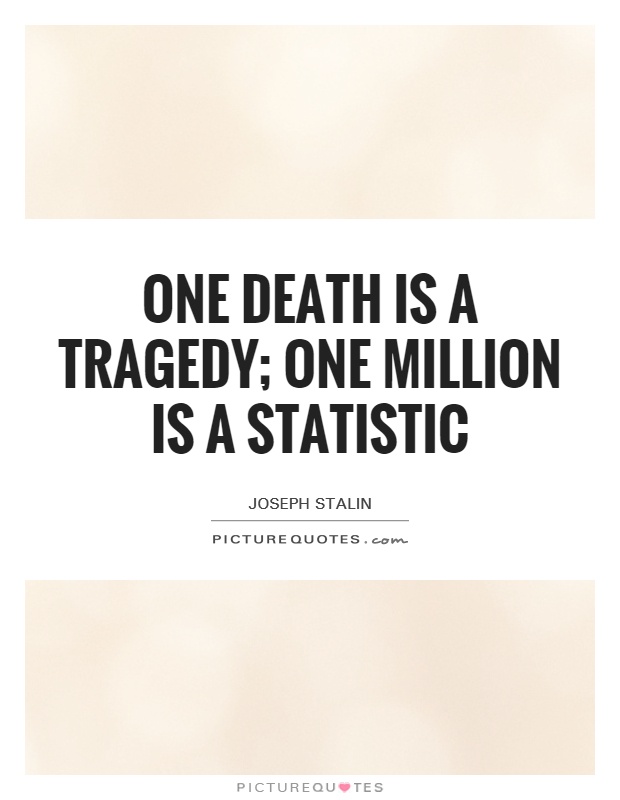
One death is a tragedy; one million is a statistic
The quote "One death is a tragedy; one million is a statistic" is often attributed to Joseph Stalin, the infamous Soviet dictator who ruled with an iron fist from the late 1920s until his death in 1953. This quote perfectly encapsulates Stalin's callous disregard for human life and his willingness to sacrifice millions of lives in pursuit of his own power and ideology.Stalin's regime was marked by widespread repression, violence, and terror. He ruthlessly eliminated anyone who posed a threat to his rule, including political opponents, intellectuals, and even members of his own inner circle. The infamous purges of the 1930s saw millions of people arrested, tortured, and executed on trumped-up charges of treason and counter-revolutionary activities. The sheer scale of the death and suffering caused by Stalin's policies is almost unimaginable, with estimates of the death toll ranging from several million to as high as 20 million.
Stalin's brutal tactics were not limited to his own people. He also oversaw the forced collectivization of agriculture, which resulted in widespread famine and the deaths of millions of peasants. The Holodomor, a man-made famine in Ukraine in the early 1930s, is considered one of the worst atrocities of Stalin's regime, with estimates of the death toll ranging from 2.4 to 7.5 million.
Despite the staggering number of deaths and the immense suffering caused by his policies, Stalin remained indifferent to the human cost of his actions. To him, individual lives were expendable in the pursuit of his grand vision of a socialist utopia. The quote "One death is a tragedy; one million is a statistic" reflects this callous attitude, reducing the immense human suffering caused by Stalin's regime to a mere statistic in the pursuit of his own power and ideology.

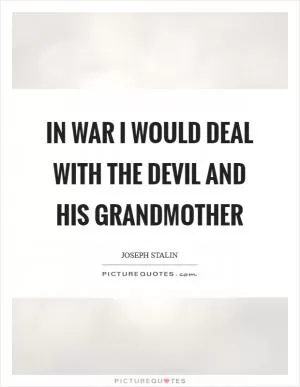
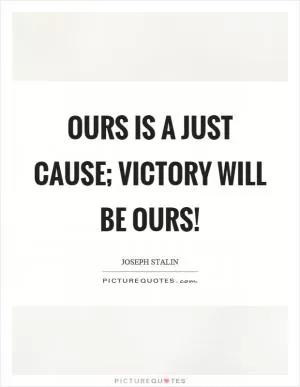
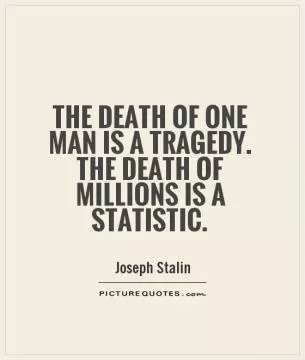
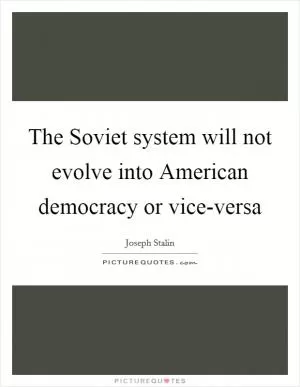

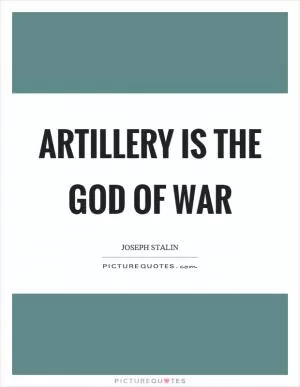





 Friendship Quotes
Friendship Quotes Love Quotes
Love Quotes Life Quotes
Life Quotes Funny Quotes
Funny Quotes Motivational Quotes
Motivational Quotes Inspirational Quotes
Inspirational Quotes